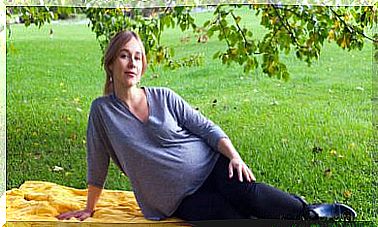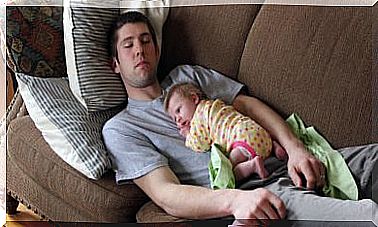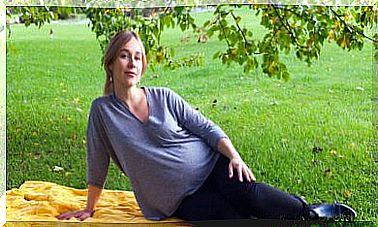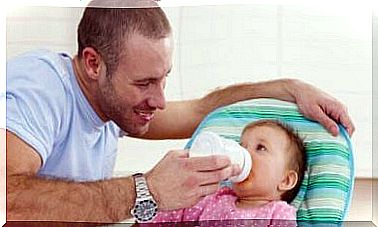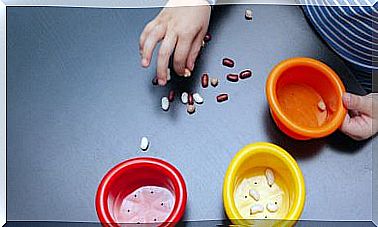Nutrition, Postpartum And Breastfeeding: Everything You Need To Know

Nutrition in the postpartum and in breastfeeding must be conscientiously cared for in order to help the body recover. It is also important to avoid nutritional deficits, since the mother will have to feed the baby and ensure a good supply of essential elements for proper development.
For this reason, we are going to give you the keys to be able to plan the diet optimally at this time. Keep in mind that it will be necessary to continue avoiding toxic habits such as alcohol or tobacco consumption. These substances can pass into breast milk and cause great harm to the child.
Slightly hypercaloric diet postpartum and during breastfeeding

Although the baby is no longer living in the womb, the mother’s nutritional needs continue to increase. It is necessary to ensure that there is an energy surplus to ensure milk production and avoid deficits in the mother’s body.
There is no evidence that there are foods that increase the synthesis of breast milk as such, but it is necessary to guarantee that it has a high nutritional density. It should be borne in mind that, if you do not eat enough, you could experience a situation of catabolism that is not advisable in the medium term.
According to a study published in the journal Anales de Pediatría , if the mother has a deficient consumption of some fat-soluble vitamins, breast milk will also contain a lower concentration of them. This can harm the child’s development.
As a general rule, a varied diet is recommended in terms of the spectrum of foods consumed. In this way, the risk of deficit is reduced. However, if it is suspected that the micronutrient intake is not adequate, supplementation may be prescribed.
Beware of toxicants in the diet postpartum and while breastfeeding
In the postpartum period and during the breastfeeding period, the consumption of toxic substances such as alcohol and tobacco should continue to be restricted. It will also be important to limit caffeine. Experts say that a daily intake below 200 milligrams is considered safe, since it will not dissolve in breast milk.
It should be borne in mind that if these types of substances reach the developing baby, important alterations can be generated. It is possible that the risk that the child will manifest autoimmune problems or even that the cognitive system is affected is increased.
According to a study published in the Journal of Neonatal Perinatal Medicine , the ingestion of toxins during breastfeeding could cause alterations in the baby’s sleep patterns. The suction mechanism may also be altered, leading to underweight and malnutrition.
Calories in nutrition during breastfeeding
It is possible that recovering the figure is one of the priorities of the woman during the postpartum. However, it is important that you meet the nutritional requirements first. Introducing a state of energy deficit at this time can be negative for health in the medium term.
In the event that the caloric and calcium intake were insufficient, a bone demineralization process could occur in order to ensure the presence of the mineral in the milk. The same can happen with other micronutrients. For this reason, it is important to wait until breastfeeding is finished before establishing a strict diet.
To recover the figure in this period it is best to approach the problem from the point of view of physical activity, returning to exercise. However, this must be well planned to avoid injuries that have to do with an excess in the workload.

From a dietary point of view, it is enough to ensure the consumption of fresh food, avoiding industrial ultra-processed as much as possible. It is essential, of course, to prioritize the consumption of those foods that contain omega 3, since these fatty acids are important for the baby’s brain development.
Nutrition in the postpartum and lactation, a time to meet the requirements
As we have commented, it is not at all advisable to propose strict dietary regimens in the postpartum or during breastfeeding. It is better to be patient and conservative, ensuring a varied and still slightly hypercaloric diet.
Although it is true that energy needs are not as high as in the third trimester of pregnancy, they are still higher than those of an adult woman who has not been pregnant.
When approaching a body recomposition, at first it is better to seek change by increasing the level of physical activity. Anyway, remember to start with light exercises.



